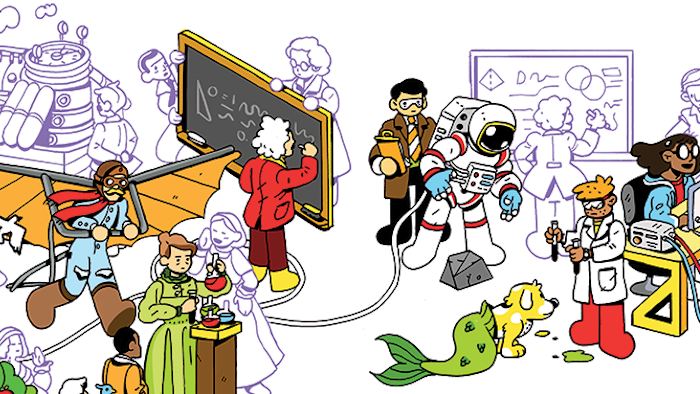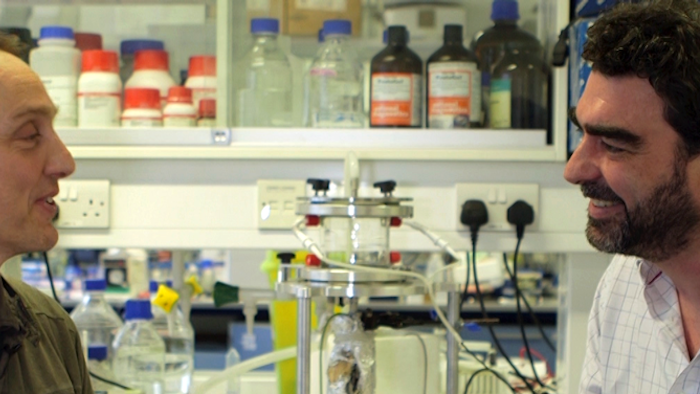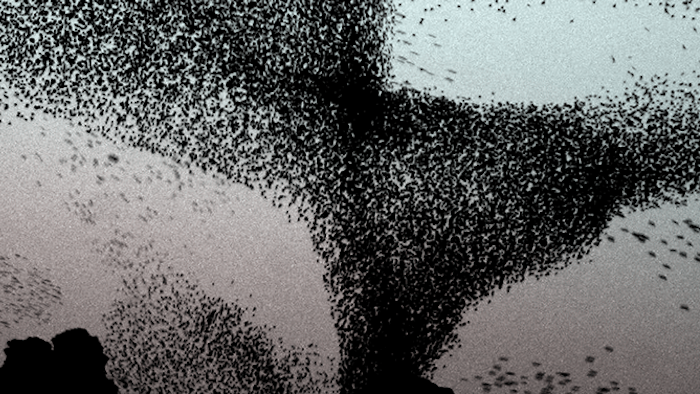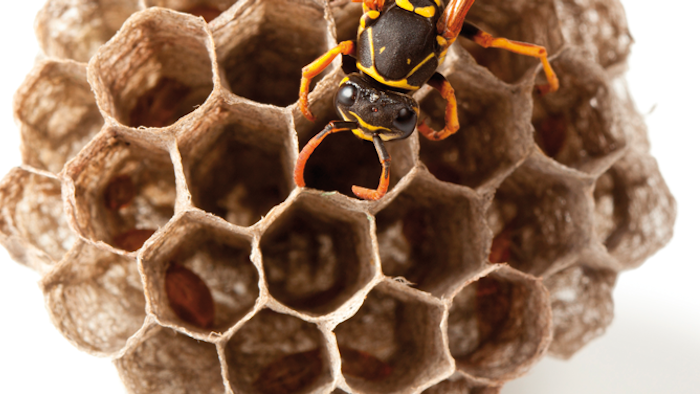Philip Ball
If Not Darwin, Who?
An alternative history of the great ideas of science.
Authenticity in the Age of the Fake
As science blurs the real and unreal, we are learning to distinguish them in new ways.
Cursive Handwriting and Other Education Myths
Teaching cursive handwriting doesn’t have nearly the value we think it does.
Ingenious: Nick Lane
The biochemist explains the elements of life, sex, and aging.
Yes, Life in the Fast Lane Kills You
New insights into mitochondria reveal how life expends energy.
Why Physics Is Not a Discipline
Physics is not just what happens in the Department of Physics.
Why Nature Prefers Hexagons
The geometric rules behind fly eyes, honeycombs, and soap bubbles.
Describing People as Particles Isn’t Always a Bad Idea
Using physics to describe social phenomena can work—if it’s the right physics.
How Big Can Schrödinger’s Kittens Get?
Scientists are slowly scaling up quantum effects from atomic to human size.
Will ET Drink Water?
The intricate compatibility of water and life on Earth may not extend to other planets.
























